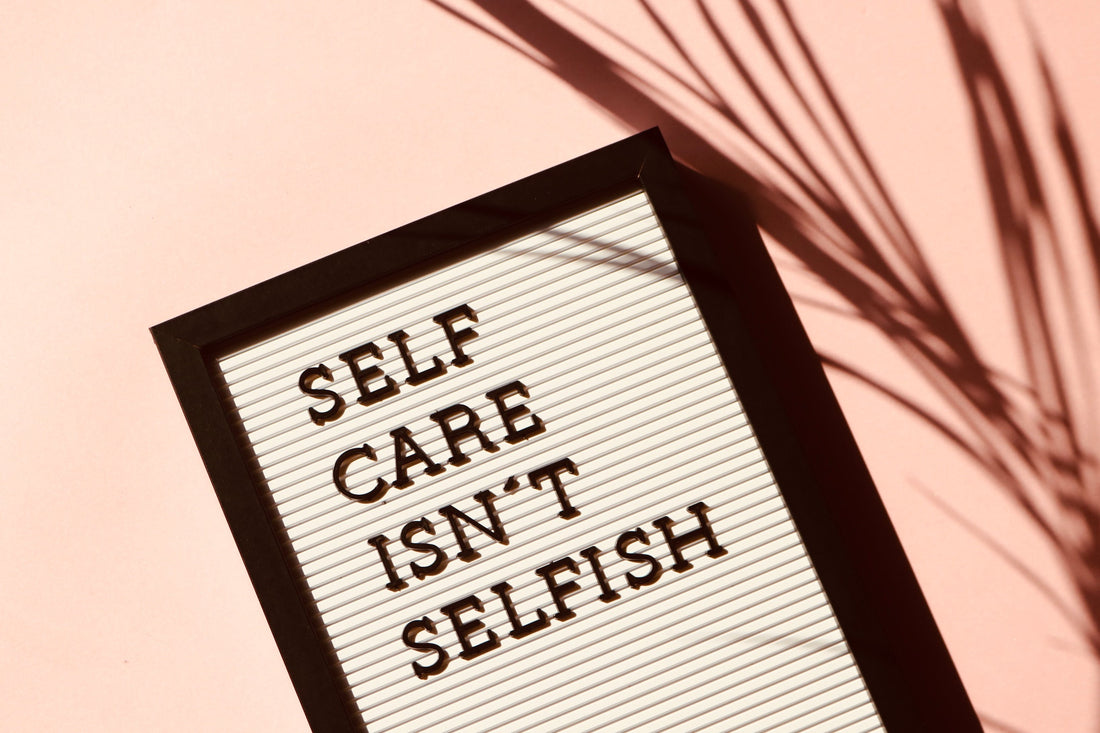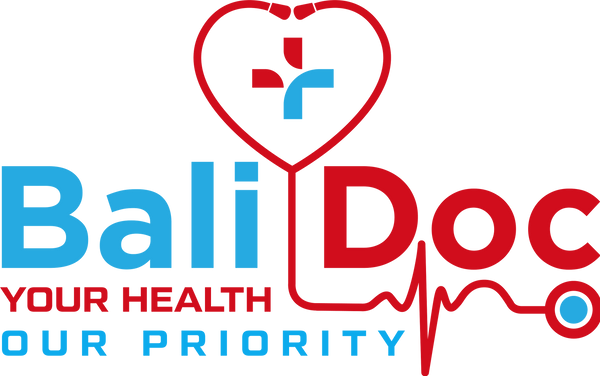
Mental Health Support for Nomads and Tourists
It's simple to get lost in life, especially when you're a digital nomad visiting far-off places. It's difficult to keep track of time while on the go and establish routines because of the instability and sudden, fast changes that bring on excessive stress and anxiety. Remember and train to one thing to do every day at the same time and start slowly to support your mental well-being as a digital nomad.
1. Maintaining social life as nomad
Being a digital nomad comes with a certain amount of loneliness. We grow accustomed to missing weddings and birthdays. From a distance, we worry about family and get homesick. We live in a highly connected age where you can and should stay in regular contact with your family and friends. It makes a big difference whether it's an hour-long video call once a week or a daily five-minute chat. In order to network with other digital nomads, you can also join groups both offline and online. You can also sign up for classes to learn new skills and make friends who share your interests. Don't be afraid to make new friends and engage in conversation with those in your hotel, shops, cafes, and coworking spaces.
2. Slow Activity to Avoid Burnout
Working remotely without having the fixed boundaries of office space and working hours can be extremely draining. The list of challenges is endless and includes organizing a productive schedule and coordinating with offices across time zones. Even with the beach views, burnout can worsen when you travel for work at the same time. The amount of energy you expend when moving from one place to another might differ extensively.
It feels like you're traveling so quickly on a congested freeway that you hardly notice your surroundings. It's a good idea to occasionally slow down, get off the freeway, and travel a slower side road to take in the scenery. Try this: Each day, engage in one "slow activity." For instance, read a favorite book for fifteen minutes every night, stroll through a green space without using your phone or laptop, or take your time eating lunch. Include a little bit of slow living in your daily routine.
3. Know your warning sign and seek medical advice
We all respond to stress in different ways. Many of us have a personal "stress tell," a physical indicator that lets us know when our stress levels are too high. It can be vary such as waking up in the middle of the night, feeling my heart race, might experience dyspepsia, cephalalgia, or dyspnea. Early burnout prevention is much easier when you are aware of your stress triggers.
